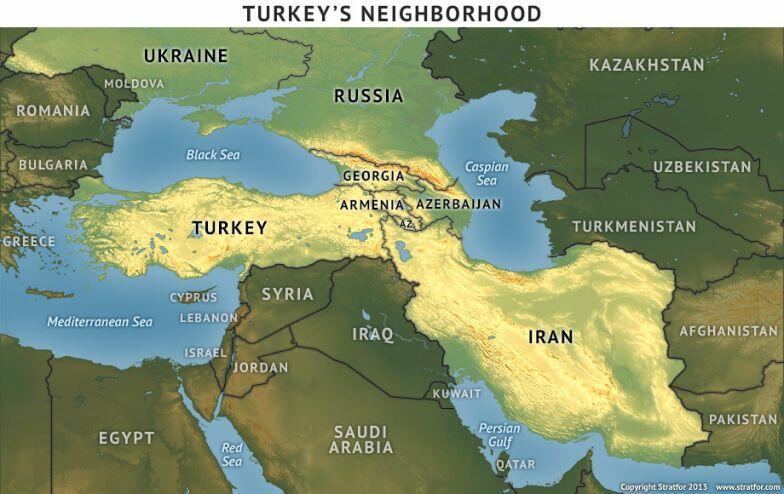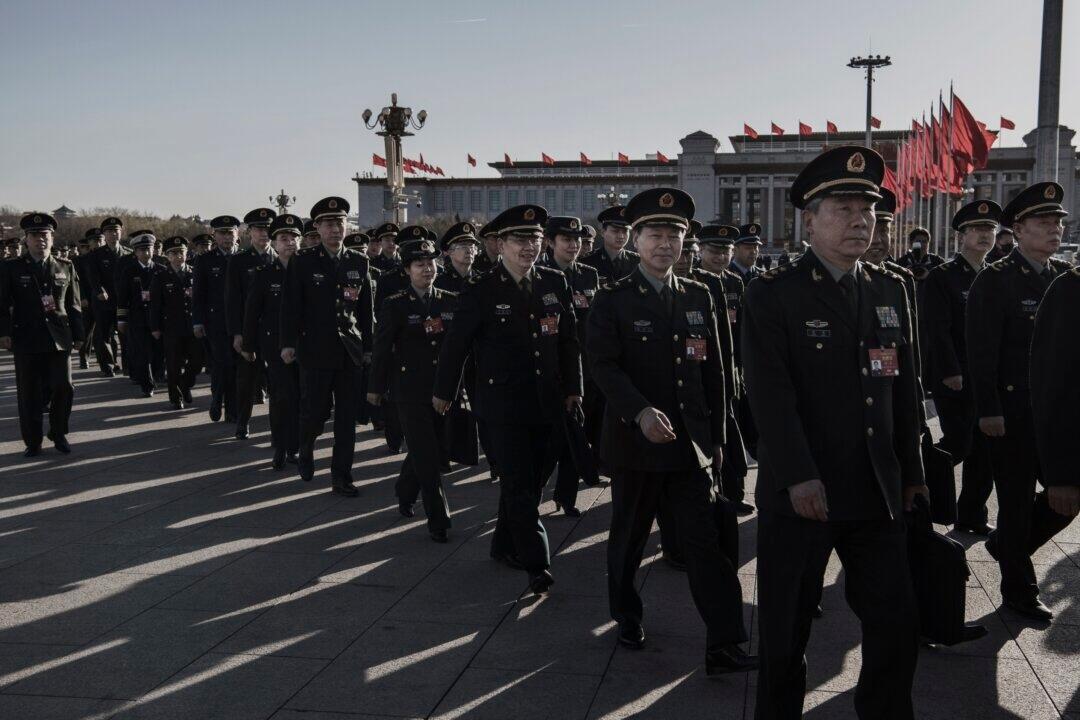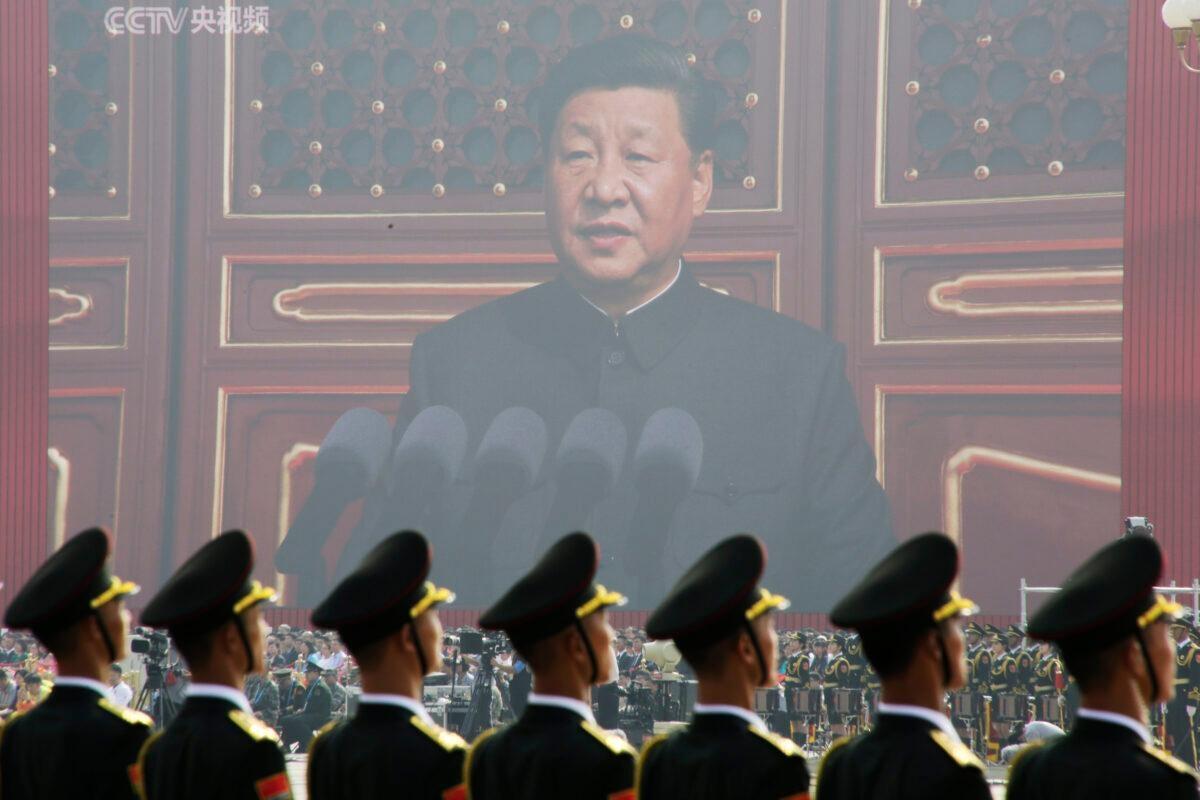Israel has accused Iran of breaching a ceasefire announced by US President Donald Trump earlier Tuesday to end to the 12-day war.Hours after Trump’s declaration of a truce, Israel detected missile launches. Its defense minister instructed the military to “respond forcefully to Iran’s violation of the ceasefire with powerful strikes against regime targets in the heart of Tehran.”
Iran has yet to confirm publicly that it agreed to the ceasefire.
“THE CEASEFIRE IS NOW IN EFFECT,” Trump said at around 9:10 a.m. Dubai time on Truth Social. “PLEASE DO NOT VIOLATE IT!”
Prime Minister Benjamin Netanyahu had confirmed Israel agreed to a truce and said his country’s achieved its war goals in Iran.
The comments came after Tehran fired several waves of missiles on Israel on Tuesday morning. Israel also further attacked Iran.
The truce followed an extraordinary night in which Tehran retaliated against a US attack over the weekend by launching missiles at an American air base in Qatar. The Islamic Republic’s move was telegraphed — with Qatar and the US being forewarned — and there were no casualties.
Trump said the strike at Qatar was “weak” and that Iran had “gotten it out of their system.” He even thanked Tehran for “giving us early notice.”
Oil prices plunged when it became clear the strikes on Qatar weren’t deadly, with traders taking it as a sign that Iran had no intention of escalating tensions with Washington, let alone engulfing other countries in the oil-rich region in a wider war.
Brent fell more than 3% to around $69.15 a barrel in early trading on Tuesday, following a drop of more than 7% on Monday. It’s now back to the level it was before Israel started attacking Iran on June 13.
Israel was still striking targets in Iran early on Tuesday, but the explosions in Tehran seemed to stop at about 4 a.m. local time, the BBC reported, citing local residents.
While Israeli officials remained silent overnight, a senior White House official said Trump brokered the ceasefire in a direct conversation with Netanyahu on Monday. Vice President JD Vance, Secretary of State Marco Rubio and special envoy Steve Witkoff held direct and indirect talks with the Iranians about the proposal, the official said.
Israel agreed to the truce as long as Iran did not launch further attacks, and the Iranian government signaled it would abide by those terms, according to the official.
“For now, I think this is going to hold, and I think you will have an end to the war,” said Dennis Ross, who was President Bill Clinton’s envoy to the region and is now a fellow at the Washington Institute for Near East Policy. “Iran has no interest in resuming anything soon.”
The developments came about two days after the US suddenly entered the conflict directly by bombing key Iranian nuclear facilities at Fordow, Natanz and Isfahan. Trump said the strikes “completely and totally obliterated” the sites, though battle damage assessments continue and the whereabouts of Iran’s enriched uranium stockpile is unknown.
Trump had warned Iran late Saturday that if a peace deal wasn’t reached quickly following the strikes that the US would go after other targets in Iran with “precision, speed and skill.”
Tehran vowed to respond to the unprecedented US attack. But opted for a mostly symbolic response: firing missiles at the Al Udeid base in Qatar, which hosts the Middle East headquarters for US Central Command, the organization that oversees the American military in the region.
The US has around 9,000 service members in Qatar and 50,000 in the Middle East.
Qatar said the Iranian missile barrage was intercepted and the base had been evacuated in advance.
Iran’s move on Monday appeared to be “a largely symbolic retaliation,” said Ziad Daoud, Bloomberg Economics’ chief emerging-market economist. “Plenty of warning was given — Qatar shut its airspace and the US issued warnings to citizens” in the gas-rich country.
While Iranian state TV said the missile barrage “forced a ceasefire on the enemy,” some Iranian officials also suggested the move had a performative element to it. The number of missiles fired matched the number of bombs deployed by the US against the nuclear sites.
Iran was quick to say that Qatar, which has strong relations with Tehran as well as Washington, was a “friendly and brotherly country.”
A diplomat briefed on the talks said Trump had spoken with Qatar’s Emir Sheikh Tamim bin Hamad and informed him the US got Israel to agree to a ceasefire. Trump asked the Qatari leader for help persuading Iran to do the same. Iran later agreed, according to the diplomat, who asked not to be identified discussing private conversations.
Trump went as far as predicting that a peace agreement between Israel and Iran would be long-lasting, despite decades of enmity between them.
“I think the ceasefire is unlimited — it’s going to go forever,” Trump said, adding that he sees the war as being completely finished and does not believe Israel and Iran “will ever be shooting at each other again.”
Many questions remain, including the state of Iran’s uranium stockpile and whether any ceasefire will lead to discussions about Tehran’s nuclear program. The Islamic Republic, which has denied it’s seeking an atomic weapon, has refused to give up the right to enrich uranium, a condition the US has insisted upon.
Iran says it needs to process uranium at least to the low level needed for civilian purposes such as fueling nuclear power plants. Yet the West and Arab states are wary because it’s enriched uranium almost to the levels needed to build a bomb, without explaining why.
Israel said its war against Iran was to prevent the country from acquiring atomic weapons, a risk also cited by Trump to justify US involvement. Netanyahu’s government has also said it aimed to destroy Iran’s stockpiles of ballistic missiles and its launch sites.
While Israel has denied it is seeking to topple the theocratic government of Supreme Leader Ayatollah Ali Khamenei, it’s officials have said its attacks could bring about such a situation. For now, there’s little sign that will happen.
Speaking to Fox News after Trump announced the ceasefire, US Vice President Vance said that the US bombing over the weekend had met its objectives.
“We know that they cannot build a nuclear weapon,” Vance said, adding that Iran’s existing stock of highly enriched uranium was “buried” by the attack. International monitors have said they don’t know where that material is after Iran said earlier this month it would move it.
“If Iran is desperate to build a nuclear weapon in the future, then they’re going to have to deal with a very, very powerful American military,” Vance said.
https://finance.yahoo.com/news/netanyahu-confirms-israel-agreed-ceasefire-062910250.html


